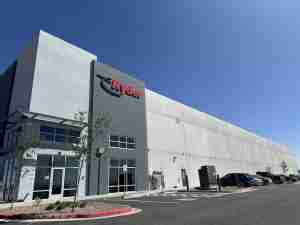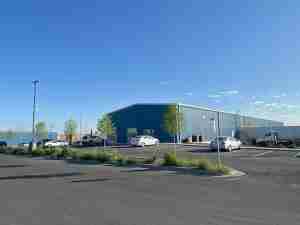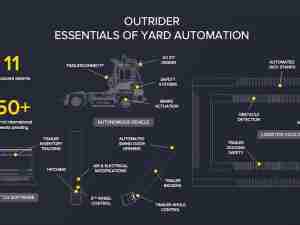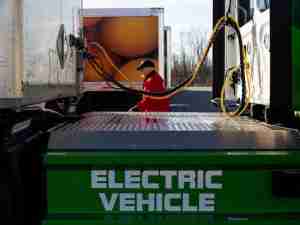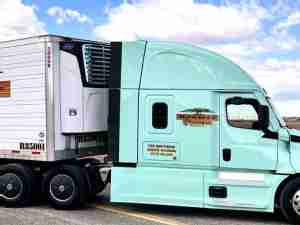As workers clear the wreckage from the collapsed Francis Scott Key bridge, shippers and truckers found creative solutions to keep the supply chain moving as workarounds present new challenges.
“Many companies are coming up with creative solutions but make no mistake about it, it’s still a mess,” said Jason Pruitt, a Baltimore trucker and owner of Commercial Transportation Intermodal.
Crews opened temporary channels last week to bypass the wreckage and help restore limited commercial activity, but the bottleneck continues. Cargo currently stuck in the Port of Baltimore and awaiting export as well cargo bound for Baltimore must be redirected through Norfolk, Virginia, Philadelphia, Pennsylvania and New York but the change causes drivers to reach their driving limits before reaching their destination.
“Everything would have to go right and you’d still be up against it to not run out of hours,” Pruitt said. “Once you factor Baltimore, DC and Norfolk traffic, it’s impossible. If you hit your hours, you have to pay for a hotel room and you’re out of the rotation for the next day. All around we lose.”
Kacy Payne, an agent of Evans Delivery Company’s Land Transportation brand, came up with a “Drop Lot” solution to allow truckers to drop their containers in a lot 39 miles north of Richmond on Interstate 95. Baltimore drivers can then leave their loads for Norfolk drivers to pick up and deliver to the Port of Virginia for shipment. Norfolk Drivers will pull a container bound for a Baltimore distribution center to the Drop Lot for a Baltimore driver to pick up for final delivery.
“I can only imagine waking up and wondering if I was going to have work that day,” Payne said. “The solution is simple and works for the drivers of Baltimore.”
The change helps drivers avoid reaching the federally mandated daily driving limits they’d hit attempting to make the 480-mile round trip from Baltimore to Norfolk. Drivers who reach the limit are required to stop and park for a minimum of 10 hours.
“The change will allow a driver to work within the allocated hours and make two moves a day to the Drop Lot,” Payne said.
One of the largest hurdles transferring cargo is ensuring a trucking company taking the second leg of the freight properly insured the transfer. Large trucking companies with a presence in multiple markets can make an interchange easily because they use the same Standard Carrier Alpha Code (SCAC), a coding system used to identify transportation companies.
Evans Intermodal Transportation, one of the nation’s largest trucking companies, operates in multiple markets nationwide. Its network of agents allows for an easy transfer of cargo insurance between partners. Evans’ size gives it an advantage over smaller, regional companies.
“Our network is built for situations like this, and we fully endorse the Drop Lot concept,” said Ryan Bates, vice president of Evans. “We understand that it’s going to take everyone to ensure cargo is delivered with minimal disruptions to their destinations and creative solutions are necessary to address this particular problem.”
The law requires trucking companies taking ownership of freight in an interchange to also transfer the insurance liability of the cargo-- a potential problem for small truckers. Evans Transportation is throwing its weight behind the problem to help.
“We put our heads together and determined that we could help with the transfer for small and medium sized trucking companies by providing the right documentation to keep everything legal while maintaining efficiency,” Bates said.
Artificial Intelligence (AI) will be used to track possession of the cargo through each step of the supply chain.
“We’re deploying a unit that will use AI to read the information of each truck and container, said Kevin Speers, CEO and Co-Founder of Splice, a Virginia Beach based IT Company specializing in helping complex shipping systems communicate. “We can track in real time the various pieces of information needed to make a real time transfer.”
The concept gained support from Virginia Secretary of Transportation Shep Miller.
“Virginia is here to help the Baltimore shipping community to the best of our ability,” Miller said. “Solutions like the Drop Lot are innovative and necessary.”
